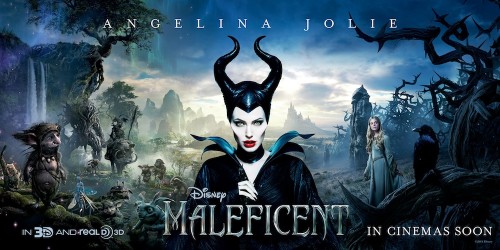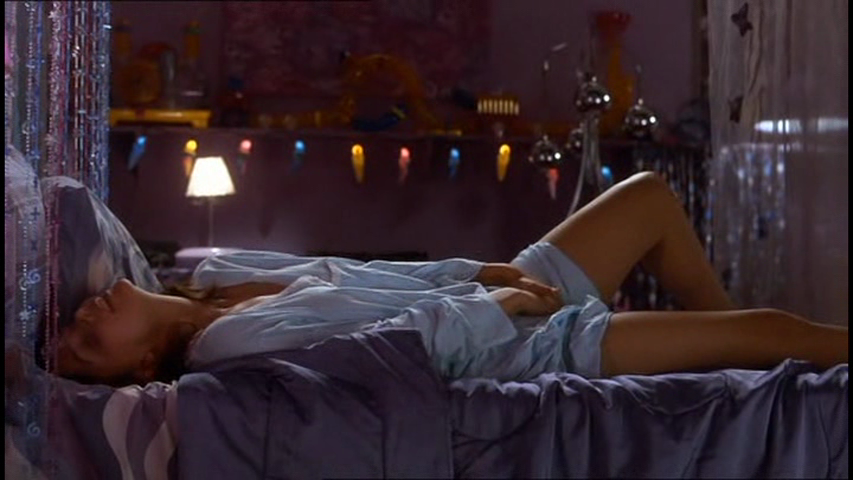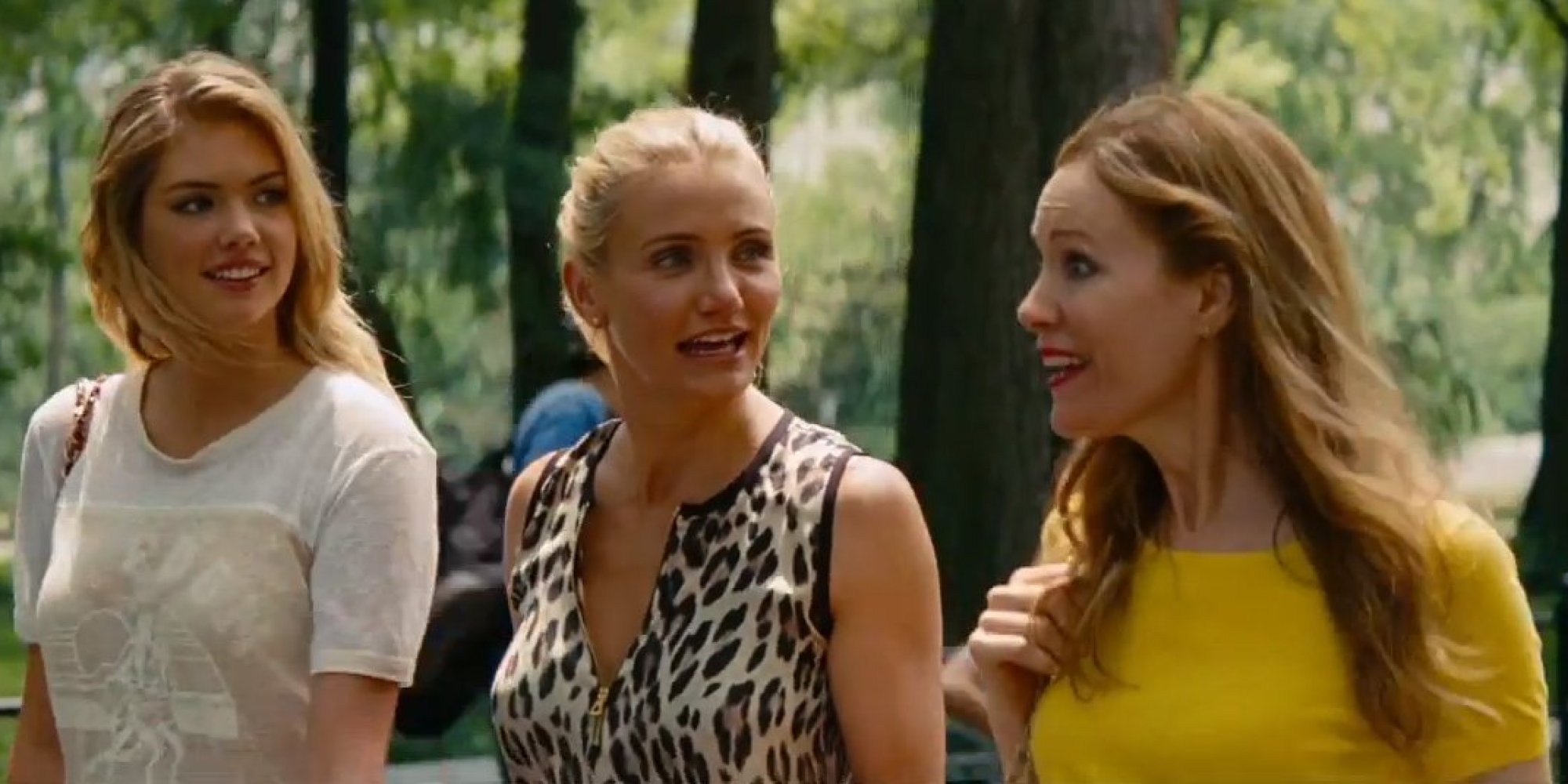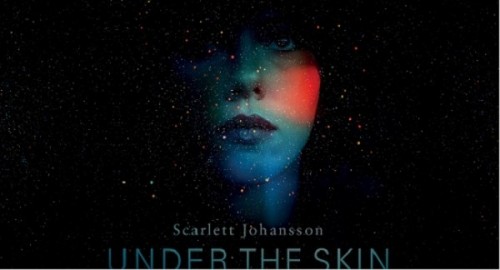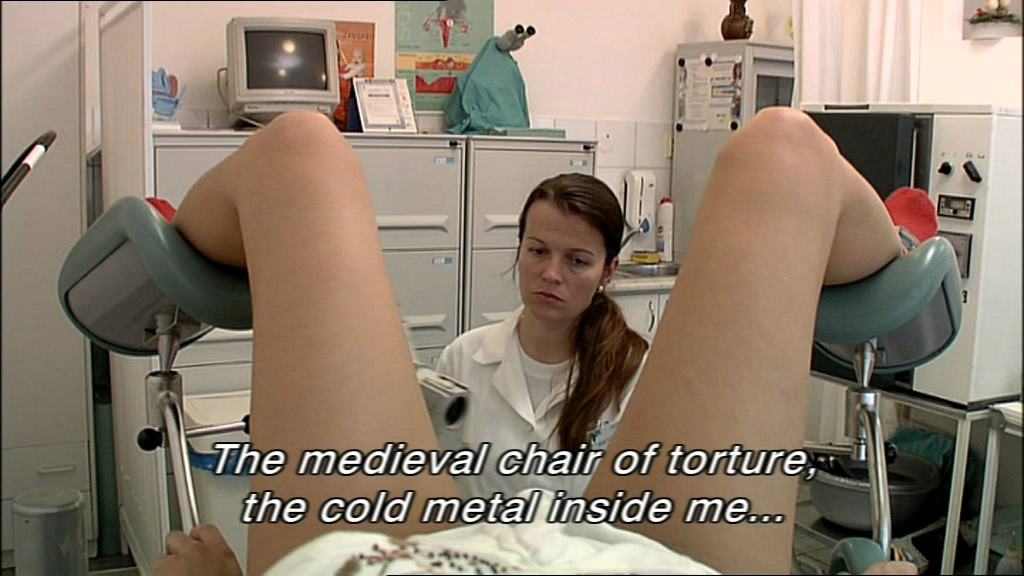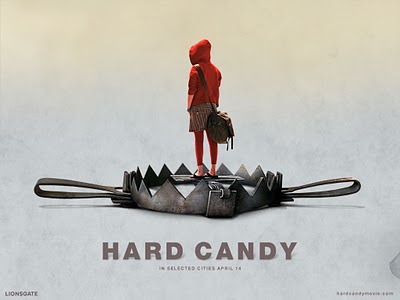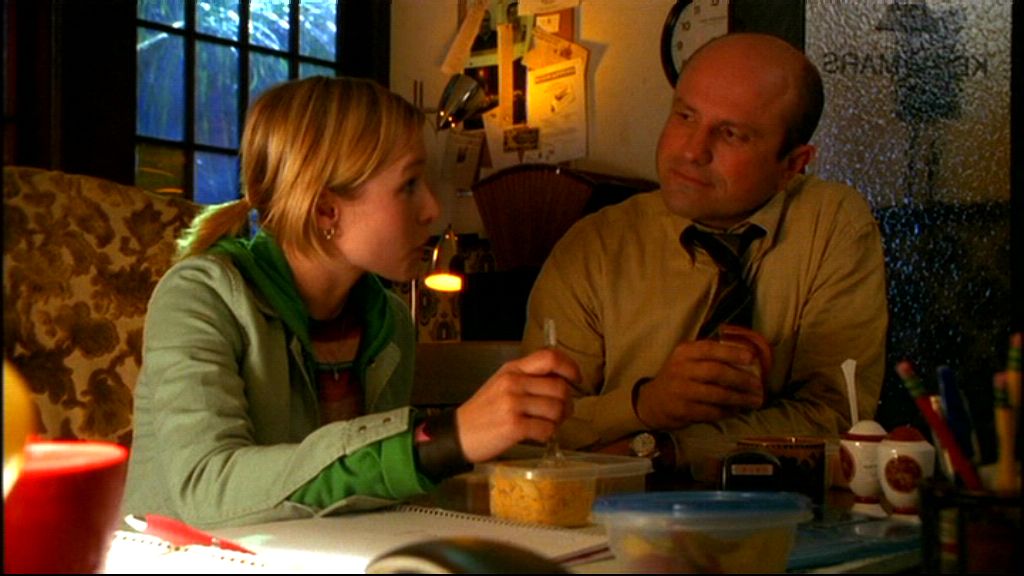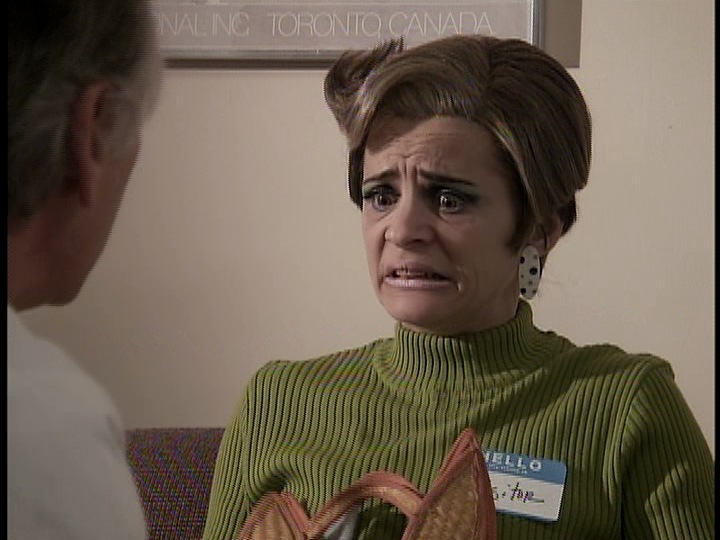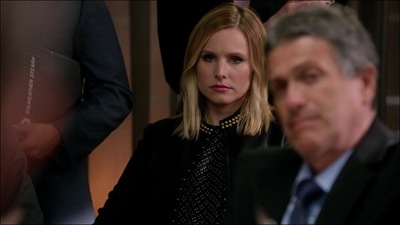Why All Our Daughters Need to See ‘Maleficent’ Right Now
We need heroines who tell girls that they are strong and capable entirely on their own, that they don’t need a family and ESPECIALLY don’t need a lover in order to become themselves. We need heroines who prove in action that no one ever—EVER—has the right to take your livelihood or body or home away from you, as well as that—if it happens—it doesn’t have to destroy you forever. Girls need to see that it’s okay to seek and use power, that there is nothing at all wrong with being a strong, emotional, powerful leader as a woman.
